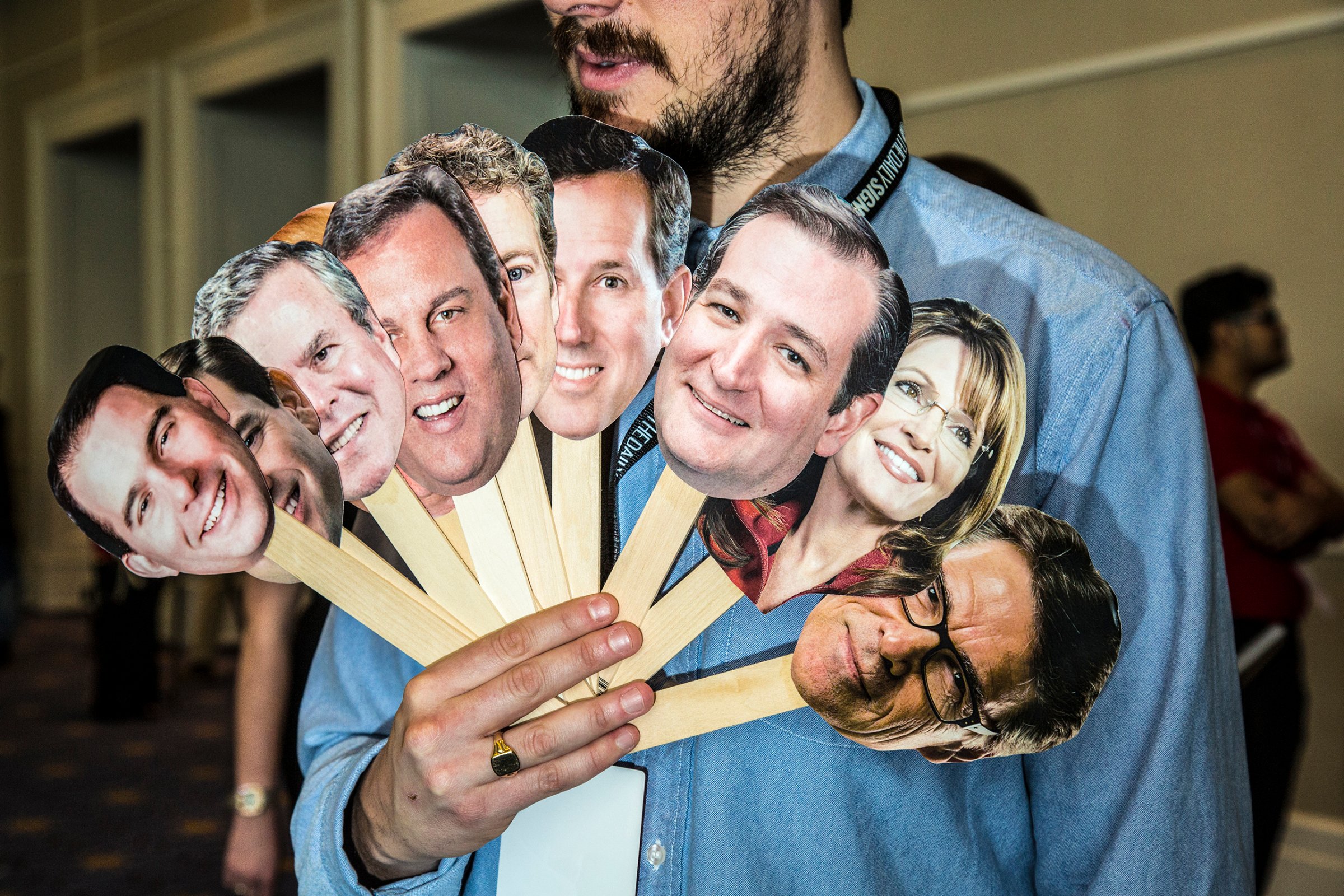
It turns out that Donald Trump was qualified to be President, after all. He was credentialed by the American people on Election Day. I’m still not sure he’s fit for the job, and I’m certain he’s not prepared for it, and his demeanor remains profoundly unpresidential–but make no mistake, it was his demeanor that won him the presidency. Every time he said something that “serious” people found unhinged, a vast swath of the country found it honest and refreshing and real, even if they disagreed with it. This should have been obvious from the moment he slagged Senator John McCain, a true American hero, early in the campaign. He didn’t suffer for the outrage; he gained strength from it.
And now the American political establishment has been toppled. As a longtime member of that clan, I am writing from beneath the rubble. The view from here is rather limited. I don’t trust myself to predict what happens next, although Trump’s victory speech set a far more gracious and sober tone than anything he said or did during the campaign. It is also impossible, given his frequent policy shifts, to say what Trump will actually do as President. But it is possible to catalog some of the pillars that have fallen: the entire political-consultant industrial complex has collapsed. Money raised and spent on advertising meant nothing. The use of market-tested language has become a liability, a sign of dull conformity on the part of the candidate. Focus groups, polling, the ground game, surrogates and–yes, sadly–truth have been shown to be irrelevant. Political parties have long been hollow vessels, but they now seem utterly archaic.
Several truths do remain. A successful candidate for the presidency needs a message and also the ability to sell that message. Trump didn’t need policies: his attitude was the message. He was distressingly effective at selling it; the fact that he could barely control himself was integral to what he was selling–spontaneity, authenticity, strut. Indeed, the greatest danger of his victory is that it will spawn a whole generation of candidates, in both parties, who believe that being obnoxious is the path to power.
Like Trump, Hillary Clinton was her message. She was the embodiment of the boring pillow fight that American politics had become. She was the embodiment of a system slouching toward dynasty–remember when we thought Clinton and Jeb Bush would replay that same old familial battle? It was appropriate that her closing argument became: I’m not him. That was, in the end, all she had. Clinton has been a fine public servant–let the silly investigations stop now–but she was a clueless candidate from start to finish, and her perpetual defensive crouch was the precise opposite of Trump’s offensiveness. He said some things that needed saying. The war in Iraq can now be acknowledged by Republicans for the terrible mistake it was.
But it also became permissible for a certain sector of people–white people without college educations–to say and think a lot of less savory things too. Trump empowered a brutal ignorance, especially about Latinos and Muslims and the world outside our borders. He attracted a dangerous, supremacist, sexist, lunatic fringe. He created scapegoats and encouraged his followers to exploit them.
And what now? The Republican Party suddenly has a shiny new populist identity, and the Democrats are in shambles. It is likely that both parties will now pursue the wrong road. Democrats, led by Bernie Sanders and Elizabeth Warren, will move left; Trump has liberated the Democrats to lift the taboo on the word socialism, a philosophy fundamentally at odds with the American spirit. The future of Trump’s Republican Party is harder to discern, and people like Paul Ryan may not have a place in it. But who knows? Trump didn’t mention the border wall in his victory speech. He did mention infrastructure. He promised to get along with all nations “willing to get along with us.”
It would be nice to think his revolution will be a gentle one. But he is not a gentle man. He is puerile, thin-skinned and crude. He is also 70 years old, and all those decades of bombastic hucksterism have now been ratified by the American people. His vision of a dark, declining country has been ratified too–but only by a momentary plurality that looks more to the past for answers than to the future. That has never been the American way. This is a dynamic country. Its only possible future is multiethnic and globalist. Donald Trump won’t succeed unless he learns how to keep up with it.
More Must-Reads from TIME
- Why Trump’s Message Worked on Latino Men
- What Trump’s Win Could Mean for Housing
- The 100 Must-Read Books of 2024
- Sleep Doctors Share the 1 Tip That’s Changed Their Lives
- Column: Let’s Bring Back Romance
- What It’s Like to Have Long COVID As a Kid
- FX’s Say Nothing Is the Must-Watch Political Thriller of 2024
- Merle Bombardieri Is Helping People Make the Baby Decision
Contact us at letters@time.com